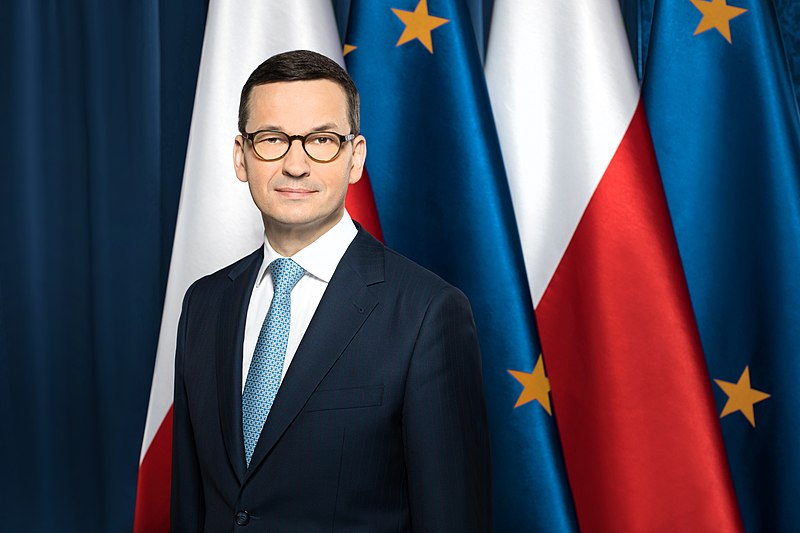
Poland adopts further tax cuts
The package, to be decided on by the Senate after its adoption by the Polish parliament, is expected to save an average family 200-300 Polish zlotys (45-65 euros). The opposition has sharply criticised the measures, but Prime Minister Mateusz Morawiecki gave a firm response to those criticisms. Besides Poland, the Hungarian government is also helping families by tax cuts and the introduction of price caps.
From February until the end of July, VAT on food, natural gas and fertiliser products will be reduced to zero in Poland. The government also cut taxes on fuel and district heating to 8 per cent and 5 per cent respectively. The Polish parliament, the Sejm, also decided to retain the measures previously introduced, so the VAT on electricity will remain 5 per cent instead of 23 per cent. An average Polish family can save 200-300 Polish zlotys (45-65 euros) per month due to the package.
There was a heated debate in the chamber before and after the vote on the measure. The opposition said the amount families would save is ridiculously small. In response, Prime Minister Mateusz Morawiecki said that the opposition’s hypocrisy was not surprising.
„For a company head and the rich, this sum might only mean a lunch or a new tie. However, a pensioner can buy food for a few days and it means several meals for a student. It hurts your feelings that we care about these ordinary Polish families. We are cutting taxes to make the state as effective as possible in fighting inflation and the global crisis. And we protect the Poles,”
the premier said, adding that weak politicians look for excuses and responsible politicians look for solutions.
He also said that no one wants to go back to the days when the then government, now in opposition, did nothing to tackle the crisis.
“Do you remember what it was like then? Remember the measures presented by the Polish People’s Party (PSL) and the Civic Platform (PO)? They increased the VAT by 23 per cent, raised the retirement age for women by seven years and absorbed private pension funds,” Mateusz Morawiecki recalled.
The Polish prime minister also noted that the opposition would always represent the interests of the Brussels elite in Poland.
„Let me be clear. You are doing everything to protect yourselves and the Brussels elite. But we are thinking of the Poles, because we have obligations towards Poland and we are acting in the interests of our country. When will you understand that the people of Poland are more important to us than a judge of a Luxembourg court?”
Mr Morawiecki put the rhetorical question.
Besides Poland, Hungary is also trying to tackle the crisis caused by coronavirus by cutting taxes and other burdens. From January, young Hungarians under 25 will get an income tax exemption. Families will be repaid the personal income tax they paid last year, and the utility bill cuts introduced several years ago will also remain in force. Pensioners are gradually getting back the 13th-month pension, which was withdrawn by previous the leftist liberal governments. In addition, the minimum wage and the guaranteed minimum wage have also increased in Hungary from 1 January. The government has also imposed price caps on selected foods: from 1 February, the prices of granulated sugar, wheat flour, sunflower oil, pork legs, chicken breast and certain types of milk will be frozen at the level on 15 October last year. A price cap on fuel was introduced earlier.
Hungarian opposition politicians have sharply criticised the measures. Prime Minister Viktor Orban responded to their comments in an interview on Hungarian public radio on Friday.
„The left-wing parties did not vote in favour of reducing VAT on basic foodstuffs to 5 per cent. The Left is saying completely unreasonable things and cannot be counted on,” the Hungarian premier said.
It is not known what Brussels will do,.Mr Orban added in the interview.
„Market dogmas prevail there instead of common sense,” he said, stressing that the Hungarian government must not only represent market interests, but also national, public, and social aspects, because the security of families comes first.
Brussels, however, disagrees, so we must be prepared to defend the measures, Mr Orban concluded.

